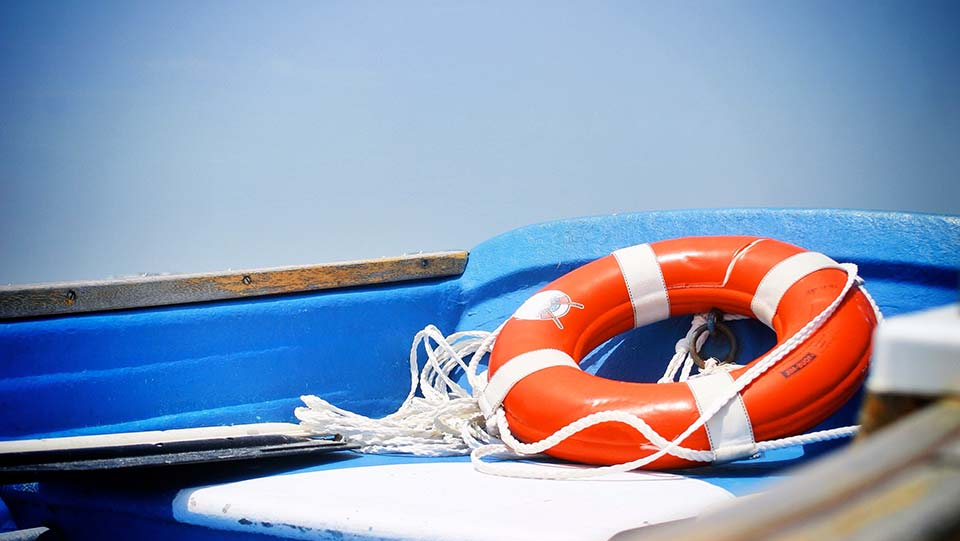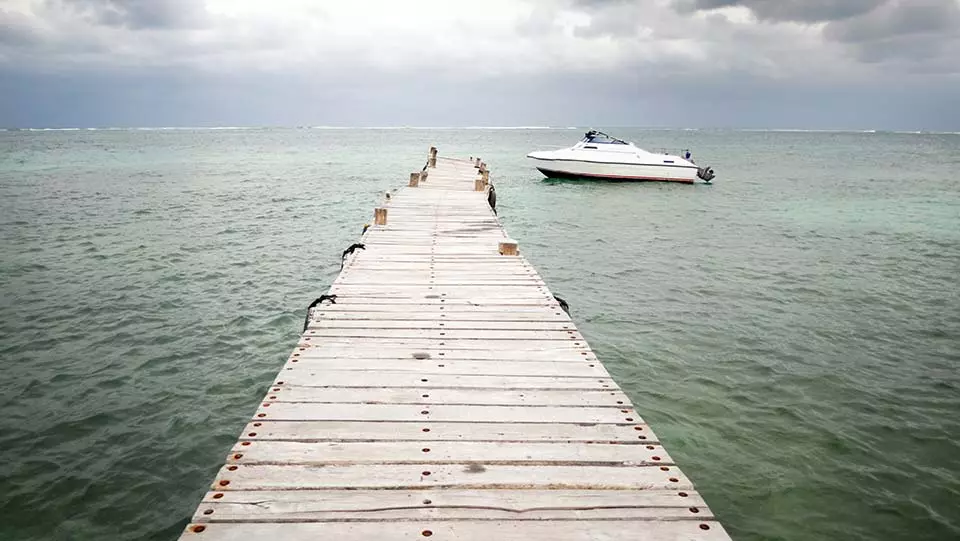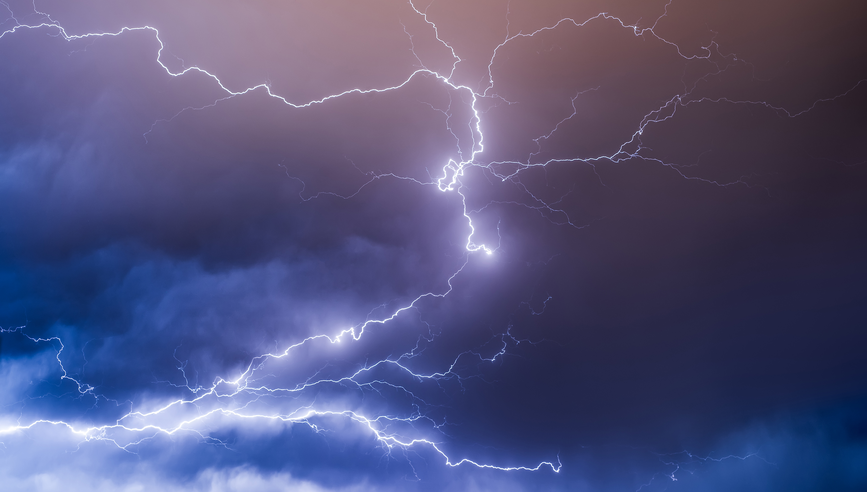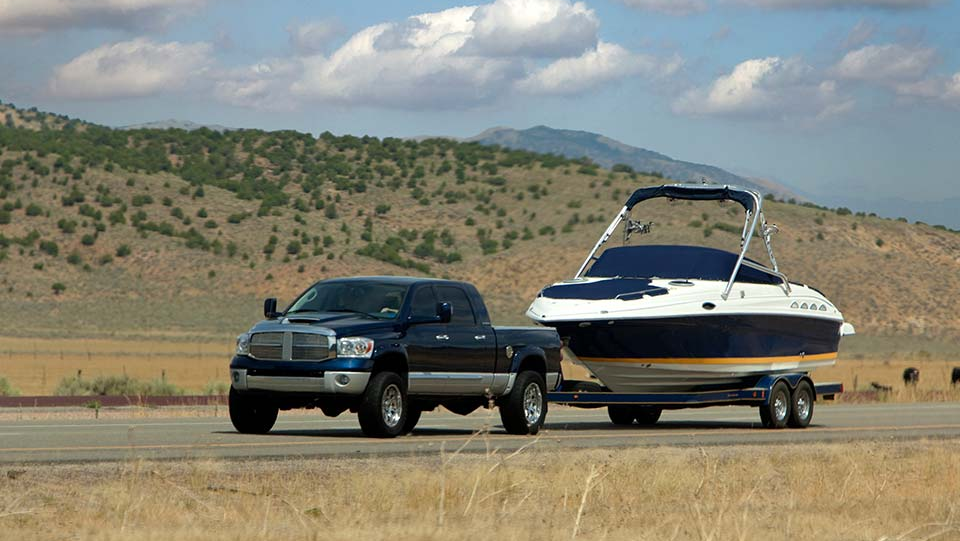What Should I Do if My Boat is Damaged?

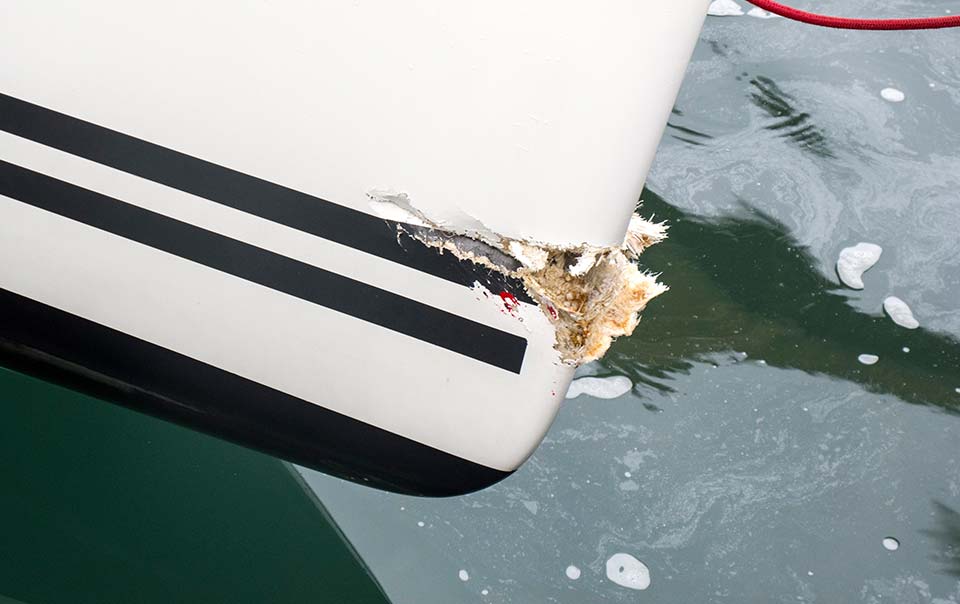
Getting out on the water in your boat can be a uniquely enjoyable experience, whether you are planning on a day of fishing or just a few hours of recreational sailing. All of that enjoyment can quickly evaporate if you find your boat is unexpectedly taking on water, and your hopes for a relaxing day quickly turns into a frenzied effort to save your cherished vessel.
There are many potential ways for a boat to become damaged, both in the water and on the shore. Some common causes of boat damage while in the water may include being struck by a submerged object, running aground, or collision with another vessel. There are also several ways for a boat to become damaged while sitting on shore, such as sinking on land if it is not placed properly on secure ground, or toppling, which can be caused by high winds or heavy snowfall during the winter.
Although sustaining damage to your boat can be frustrating and costly, there are steps you can take to help ensure repairs are made quickly in order to get you back on the water doing what you enjoy.
- Make sure no one has been injured. If there are passengers onboard when the damage occurs, check on their condition, and promptly seek medical care for anyone who has been hurt.
- Notify the U.S. Coast Guard and local authorities of the damage. Boating accidents, as with auto accidents, should be reported to the authorities right away so an investigation can be conducted. The exact circumstances that require a filed report vary from state to state. Familiarize yourself with the local regulations where you are boating so that you know when to contact authorities.
- Be sure to notify your insurance company in a timely manner. They can help provide guidance on the proper steps to take to help protect your vessel from further damage as well as restoring your boat.
- Secure the boat to prevent further damage. If the vessel is sinking, pull it out of the water as soon as possible. However, make sure you can do this safely. Never endanger your life or the lives of others when retrieving a sinking vessel.
- Document the damage. Take photos of your damaged vessel with a smartphone or camera. If your boat has struck another vessel, also document the damage to the other vessel, and remember to obtain the other party’s contact and insurance information, and hull identification number (HIN#), if possible.
- Contact a professional repair company or marina. They may be able to provide damage mitigation services. Also, be sure to include your insurance company in the discussion from the earliest stages of mitigation/repair.
Making Repairs to Your Boat
Remember, boat claims differ from other types of claims, particularly auto claims. They can be more complex and therefore, it is important to include your insurance company at the earliest stages of the claim. Some boats contain specialized parts that can increase the complexity of repairs. Unlike with vehicles, the boat repair process is often not as simple as dropping off your vessel at the marina and picking it up the next day.
You must authorize the marina of your choosing to make repairs. Make sure you are comfortable with the marina you select, and inquire about warranties they offer before repairs begin.
